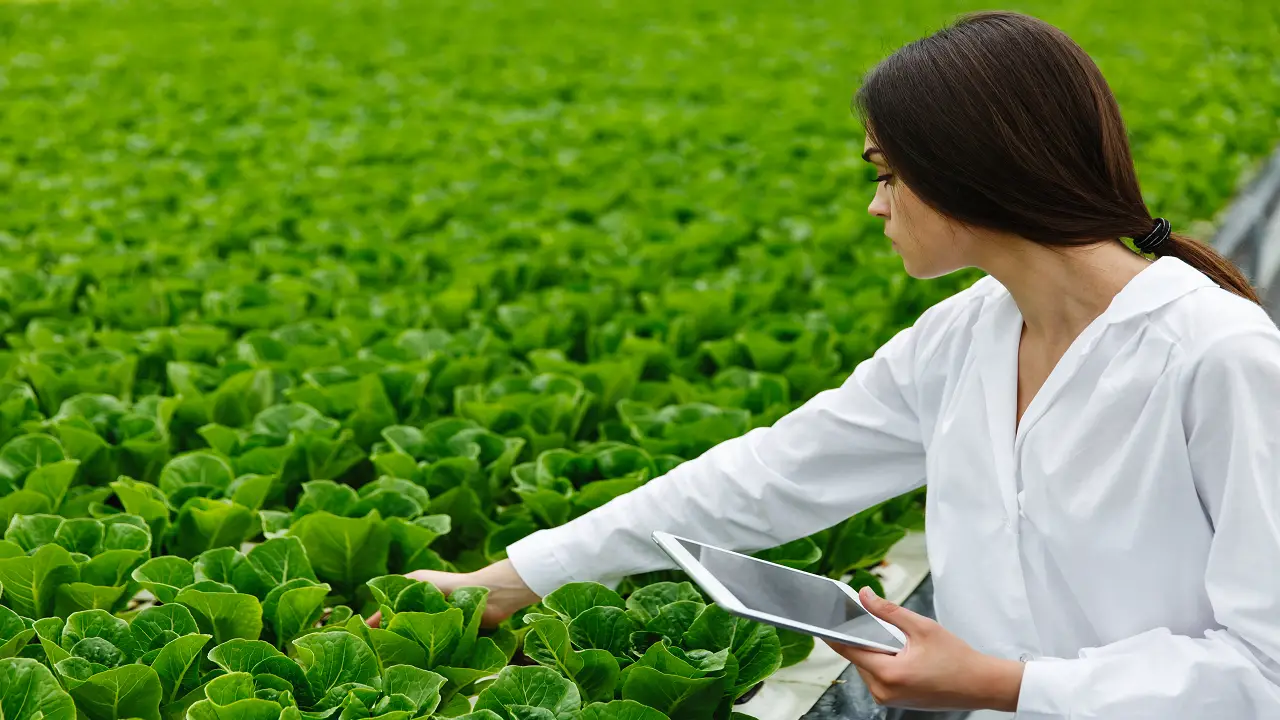Implementing agricultural innovations is essential for enhancing productivity, sustainability, and food security. However, the path to integrating these advancements is fraught with challenges that can hinder widespread adoption and effectiveness. These นวัตกรรมเกษตร (Agricultural innovation) challenges can be broadly categorized into economic, social, technical, and regulatory barriers.
Economic Barriers
One of the primary challenges is the economic barrier. Many innovative นวัตกรรมเกษตร (Agricultural innovation), such as precision farming tools, genetically modified crops, or advanced irrigation systems, require significant upfront investment. For small-scale farmers, especially in developing regions, the high costs associated with these innovations can be prohibitive. Even when financing options are available, the return on investment might not be immediate, making farmers hesitant to adopt new technologies. Moreover, the lack of access to affordable credit further exacerbates this issue, as farmers may struggle to secure the necessary funds to invest in innovation.

Social and Cultural Resistance
Another challenge is the social and cultural resistance to change. Agriculture is deeply rooted in tradition, and farmers often rely on practices passed down through generations. Introducing new technologies can be met with skepticism, especially if the benefits are not immediately clear or if the innovations challenge long-held beliefs and practices. Additionally, there is often a lack of trust in new technologies, particularly when they come from external sources or when there is insufficient education and training to support their implementation. This resistance can slow the adoption of innovations, particularly in rural and less developed areas.
Technical and Infrastructure Issues
Technical challenges also pose significant hurdles. Many agricultural innovations require specific infrastructure, such as reliable internet connectivity for precision farming or cold storage facilities for preserving perishable goods. In regions where such infrastructure is lacking, the implementation of these innovations becomes difficult. Furthermore, the complexity of some technologies requires a certain level of technical expertise that many farmers may not possess. This knowledge gap can prevent the effective use of new tools and techniques, ultimately limiting their impact.
Regulatory and Policy Constraints
Regulatory and policy constraints add another layer of complexity. Governments often have strict regulations regarding the use of certain agricultural technologies, such as genetically modified organisms (GMOs) or chemical inputs. Navigating these regulations can be challenging, particularly for small-scale farmers who may lack the resources to comply with complex legal requirements. Additionally, inconsistent policies across regions can create confusion and discourage the adoption of innovations.
While agricultural innovations have the potential to revolutionize farming practices and contribute to global food security, the challenges associated with their implementation cannot be overlooked.


